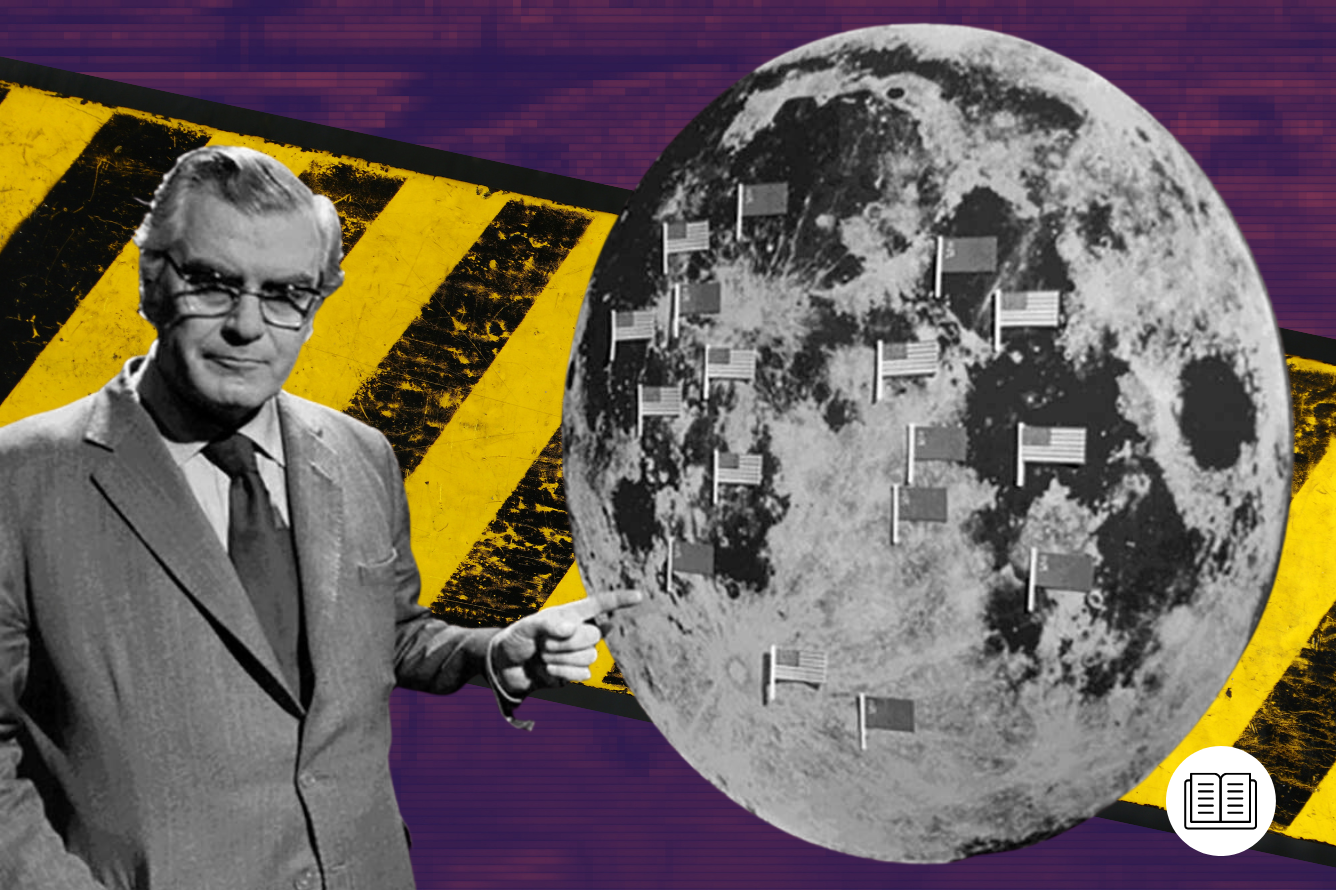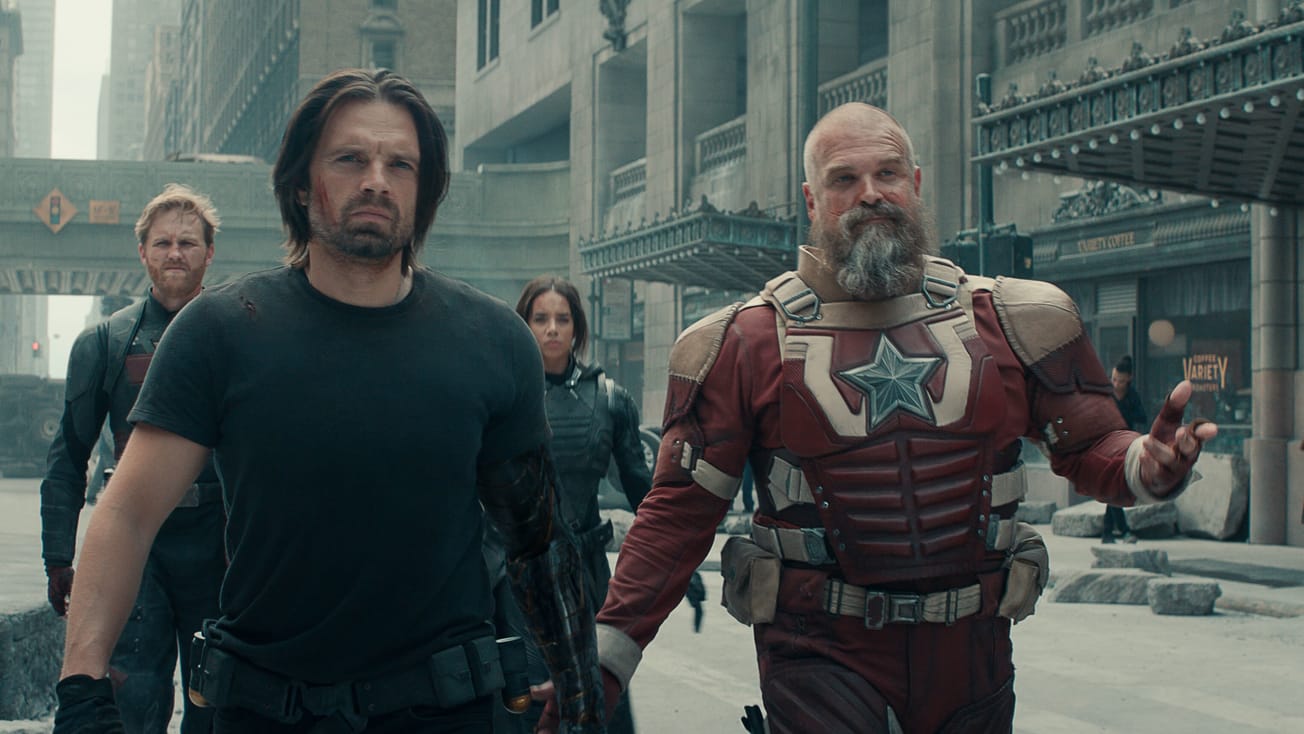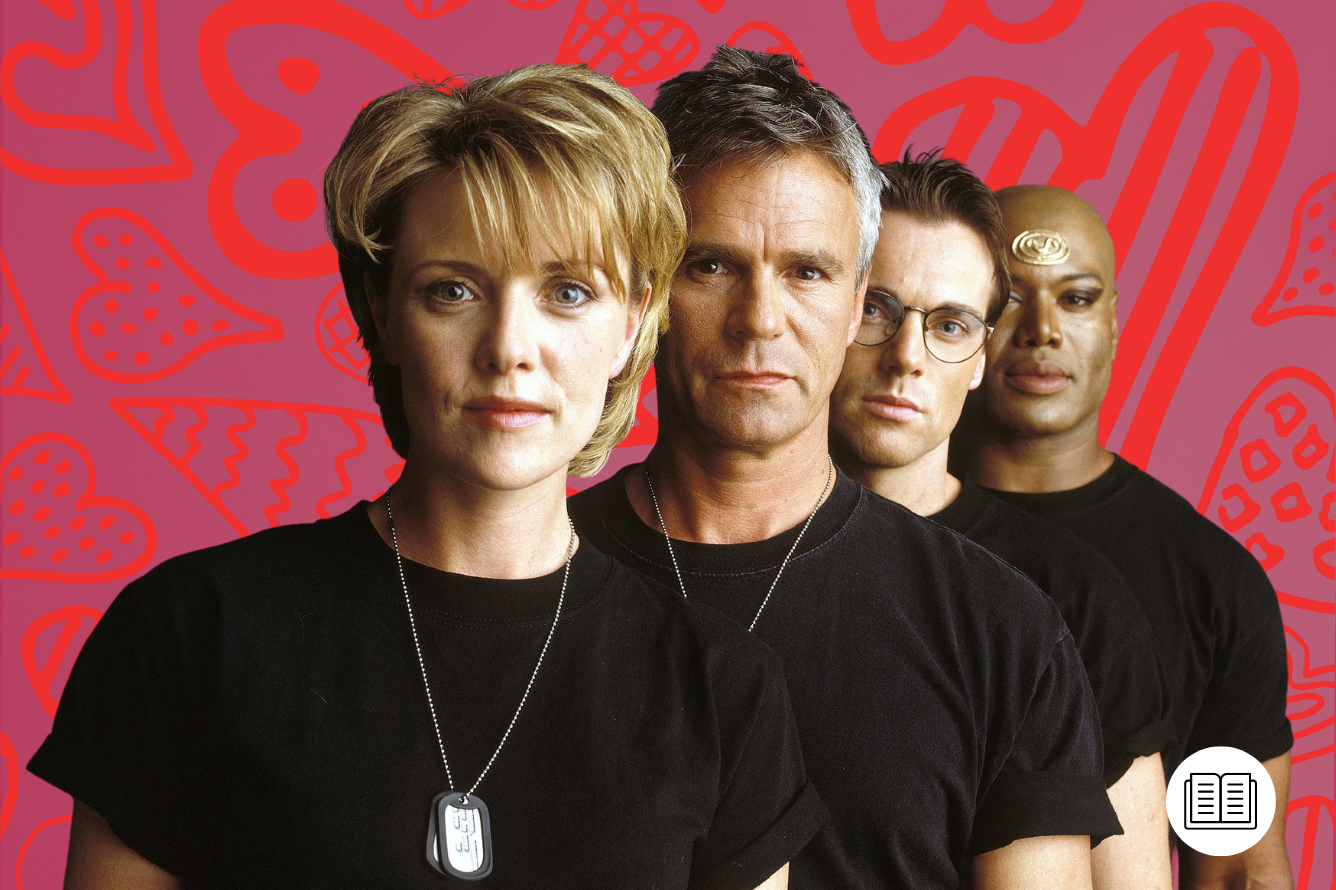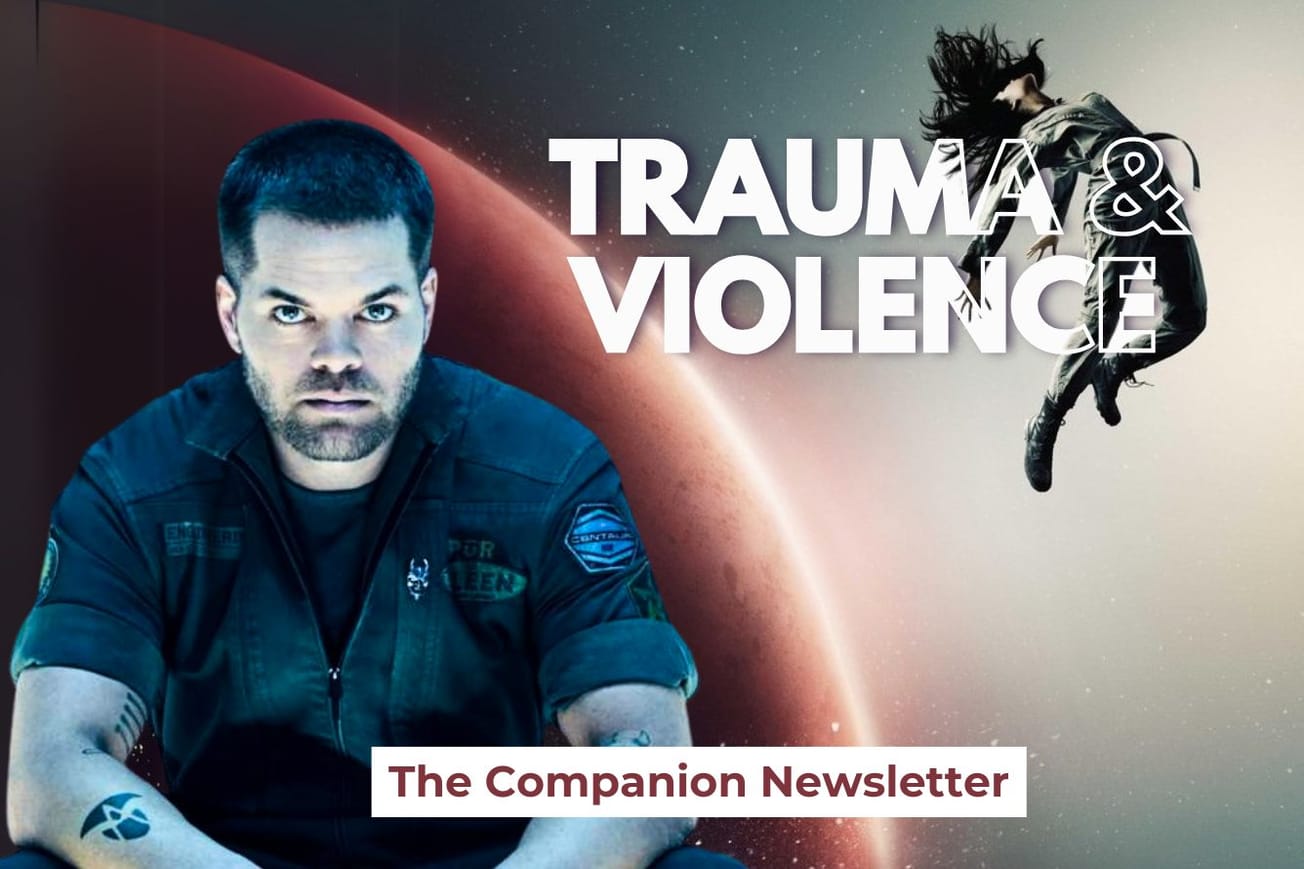Orson Welles has a lot to answer for. After all, it was he, back in 1938, who pioneered the drama hoax with his radio version of War of the Worlds which scared half the wireless audience witless.
Writer David Ambrose actually knew Welles and once asked him whether he understood what he was doing when he released the iconic broadcast.
“I said to Orson, way before my show, ‘Did you really [want to cause panic]?’” he explains. “And he gave a sly smile and said, ‘Well, yeah, I thought it might stir up a bit of something or other.’”
In fact, Ambrose doesn’t really like Alternative 3 being called a ‘hoax’.
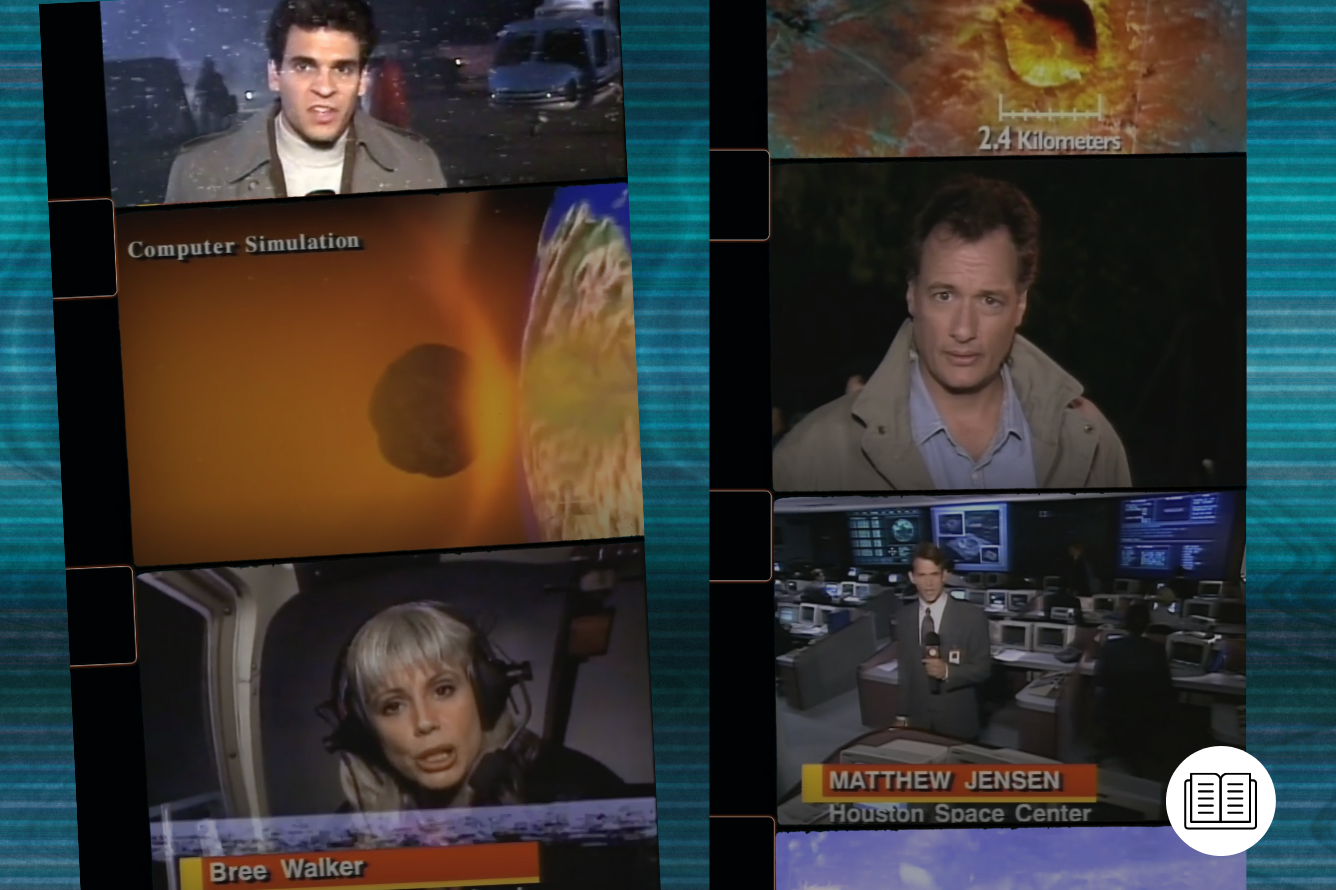
“Orson was the last thought in my mind when I came up with the idea, but possibly the fact that he’d done it had some influence on me,” he says. “But I’ve never quite liked the term hoax because it implies someone rubbing their hands with glee and saying we’re going to give everyone a terrible fright. It really wasn’t right. It was just let’s do something clever.”
And Alternative 3 is really clever. If you haven’t watched it yet – and all glorious 53 minutes is up on YouTube – allow us to explain.
The conceit is this: the film is an Anglia Television Science Report, fronted by actor and broadcaster Tim Brinton. While compiling a previous episode of their ‘show’, the team have come across something strange – the unexplained disappearance of a series of scientists, alongside a mysterious audio-only roll of film, as well as an unhinged former NASA astronaut (Shane Rimmer) and weird suggestions of an alliance between the US and Soviet Union on something to do with space.
They have decided to investigate further and in the process uncover some incredible things. There is a conspiracy. The world is dying due to climate change and high-level plans are afoot to build a colony on Mars. Scientists have already landed there and found intelligent life. As for those missing people, well something tells us the writers of Moonraker (1979) might well have caught Alternative 3 when it came out.
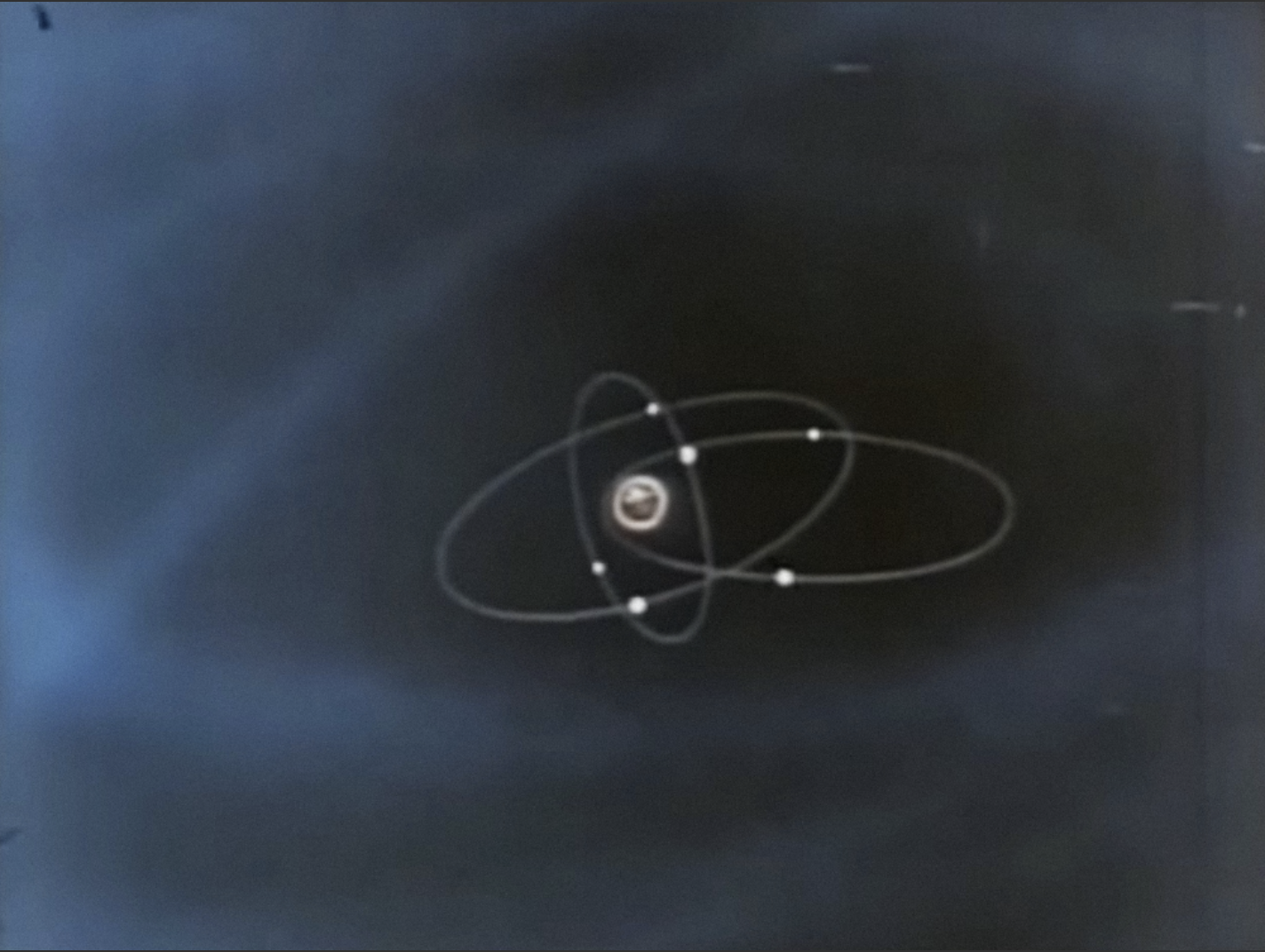

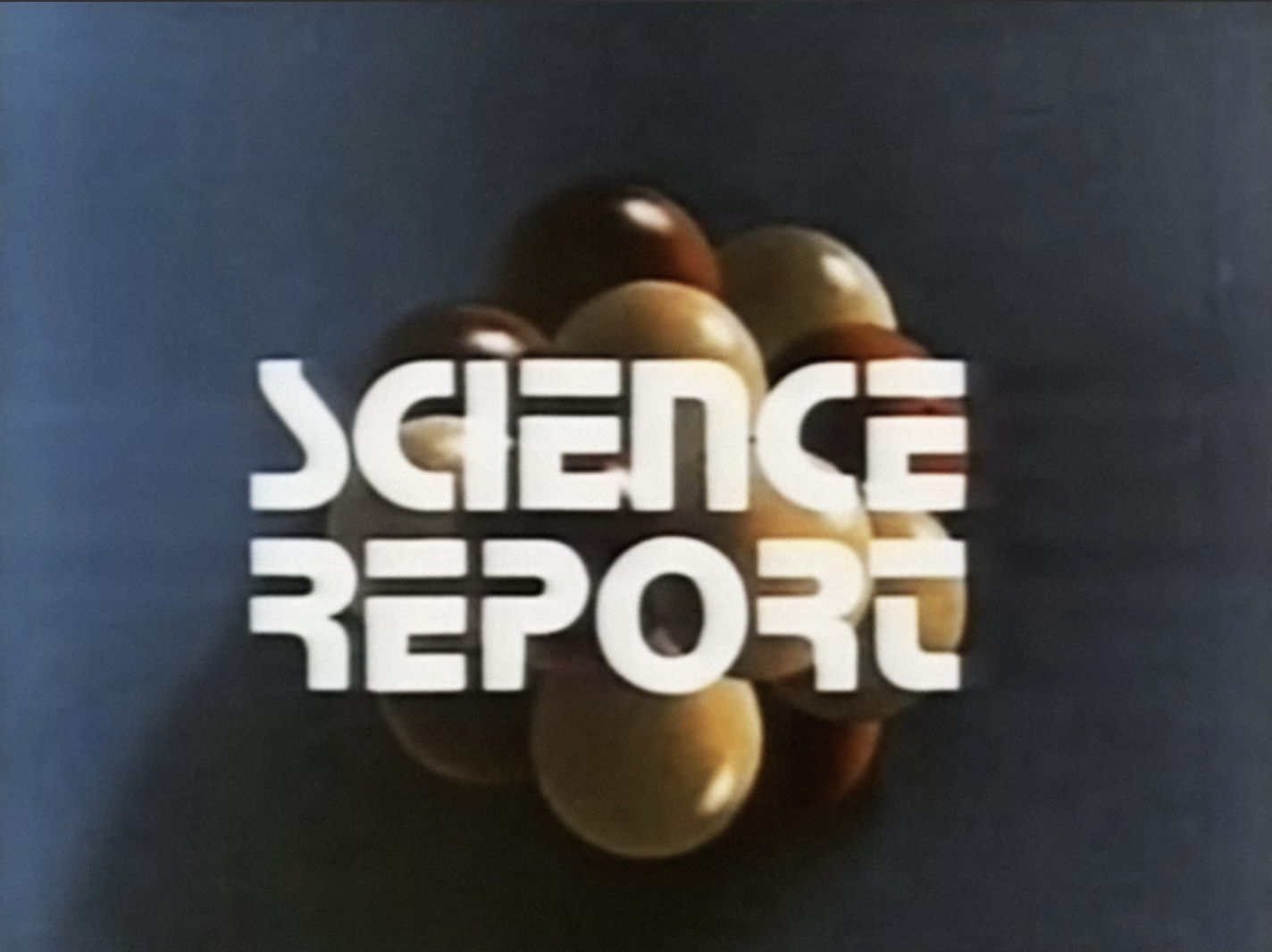
“I just began looking around desperately, as one does, for an idea,” admits Ambrose. “And I hit upon the idea, I wonder where people who disappear, disappear to? I rang the Home Office and asked how many people disappeared in Britain every year. I can't remember the number now, but a substantial number disappear without a trace and I thought, what can I do with an idea like this?
“I began a draft which was frankly rather arty and I knew I was in deep shit when I said I need a helicopter shot here because the moment you need a helicopter shot you have nothing to say.”
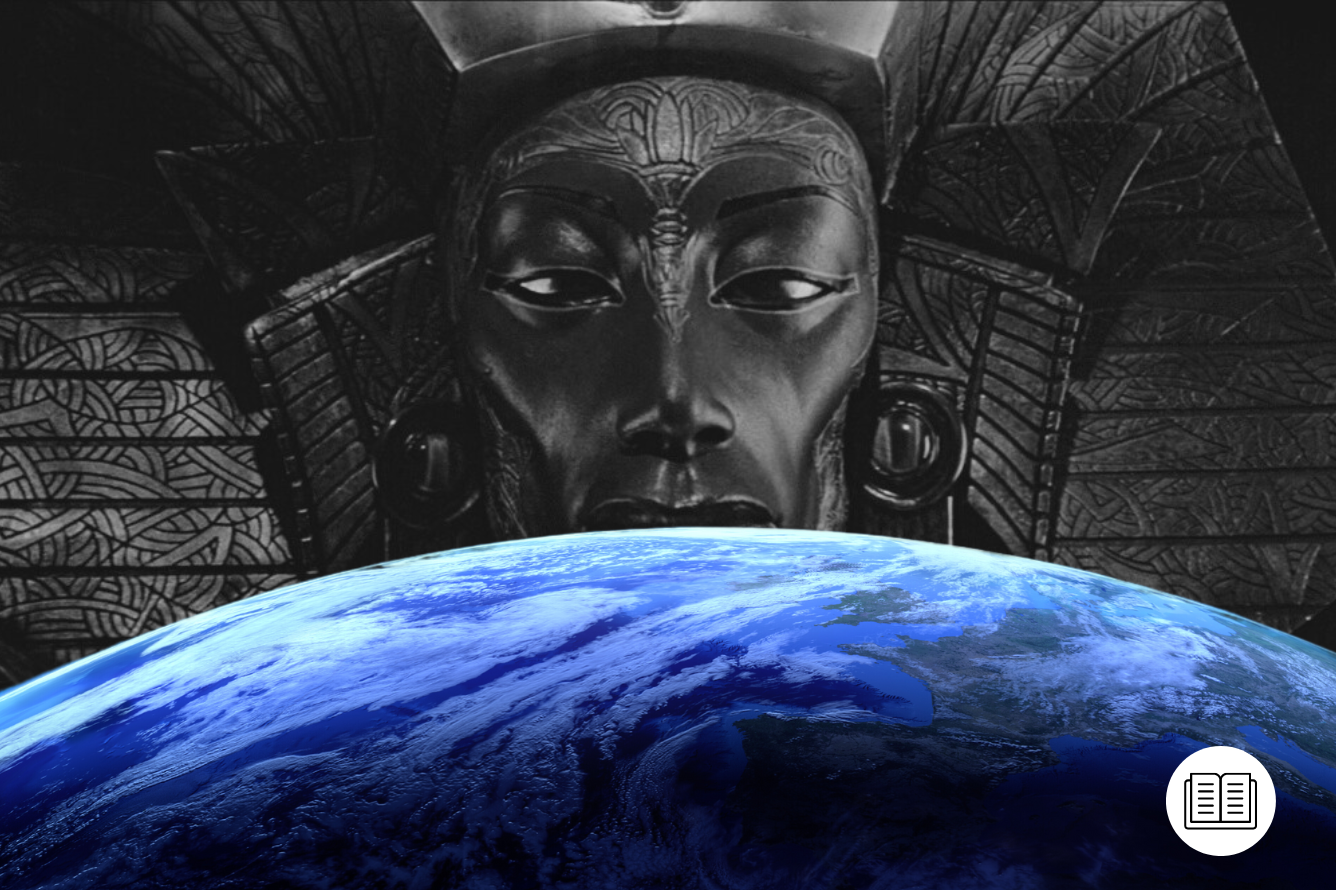
Luckily, he met up for lunch with his friend Christopher Miles, with whom he’d been working on a movie adaptation of a Daphne du Maurier story.
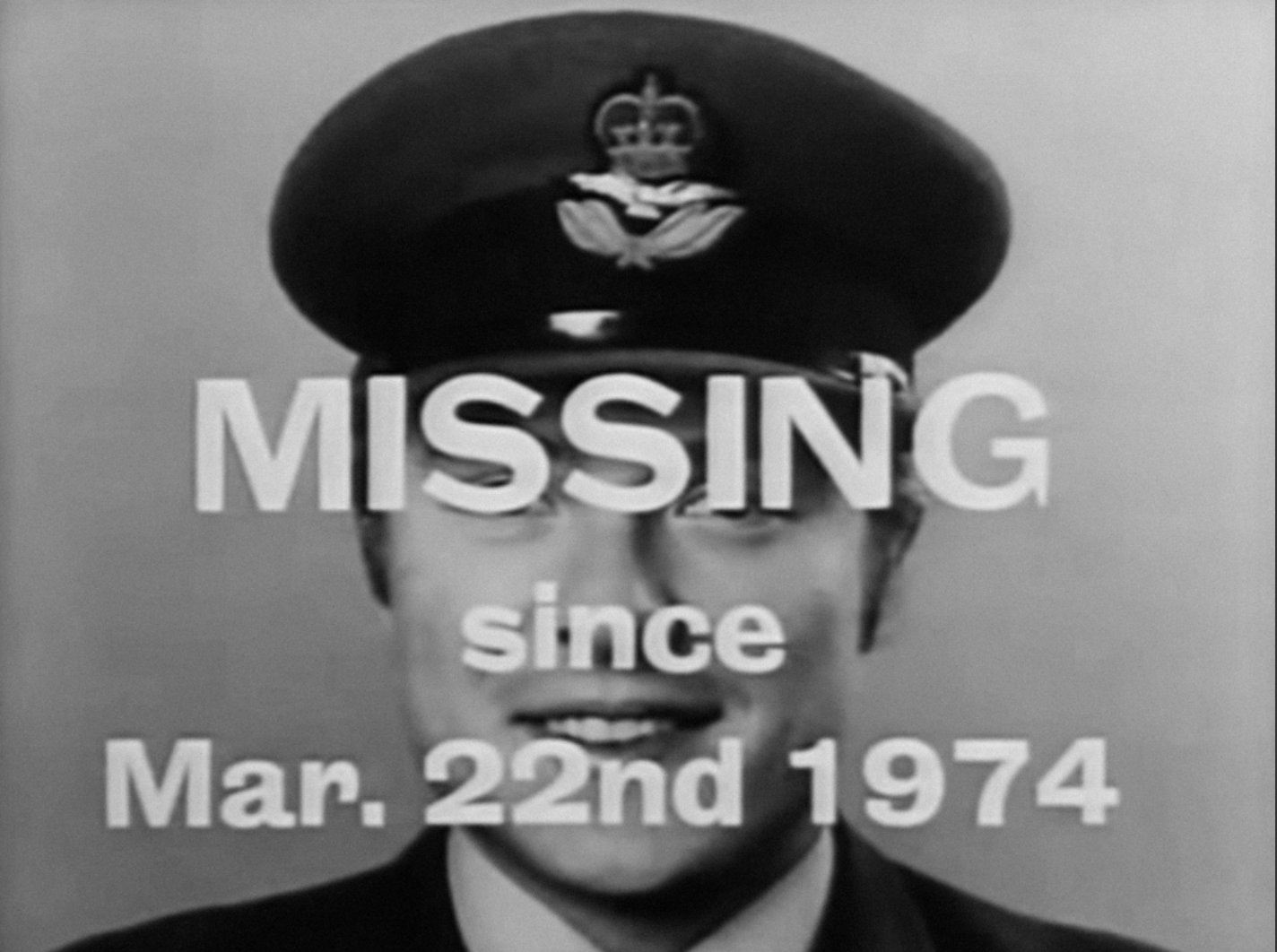
“I was telling him what my problem was with this new thing,” Ambrose continues. “And I said, ‘I just don't know where these people go.’ My wife had left Life magazine on the next table, with a photograph of the surface of Mars on it and he said, ‘Why not Mars?’”
While Ambrose initially balked, he soon realized this was the solution to his problems. The only problem was a narrative version would cost something like Anglia’s entire annual budget. Then another lightbulb went off.
“Suddenly, I was like, oh my God, a documentary. So people are going to Mars, why? Well, okay, the Earth’s gonna die. All you needed was a few talking heads and alarmed attitudes being expressed and newspaper cuttings and that sort of thing and bits of grainy newsreel. And I rang Christopher and said, ‘Listen, you remember that show I’m doing, would you think about directing it?’”
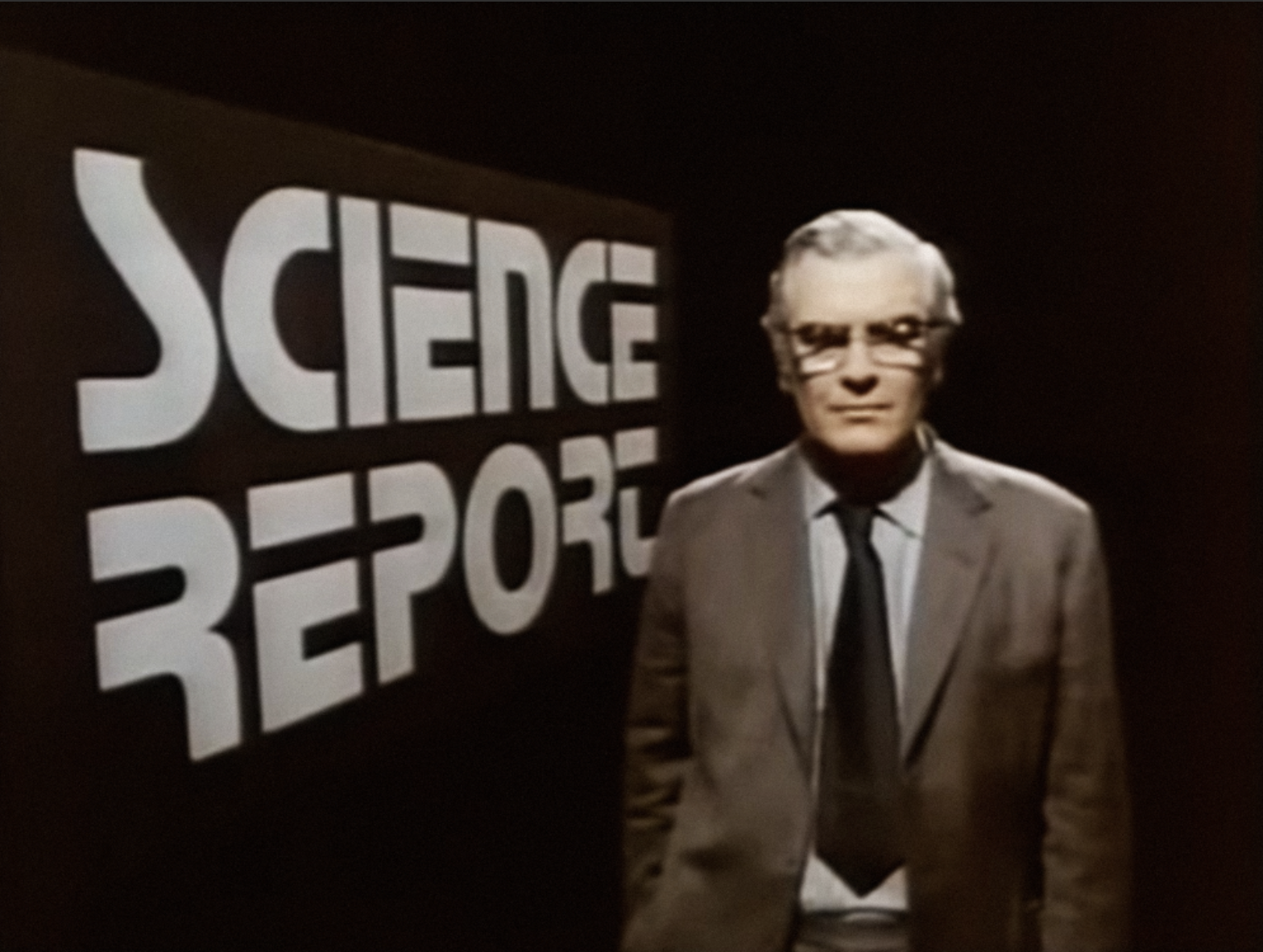
As the script began to fall into place (it only took him ten days to write) Ambrose realized he needed a MacGuffin – something to explain why people were seemingly being disappeared by the authorities. He found what turned out to be way ahead of its time while talking to Anglia’s science consultant.
“We discussed various things, amongst which he came up with this global warming thing, or as he put it, the Greenhouse Effect, which I never heard of and it was completely undiscussed publicly at the time. I wasn’t campaigning or anything, it was completely cynical story construction.
“But as I looked into it, I realized this is really good stuff in terms of narrative because it has a horrible feel of truth about it. From that point on I was always fairly sympathetic to notions of climate trouble way before it became as popular as it did.”
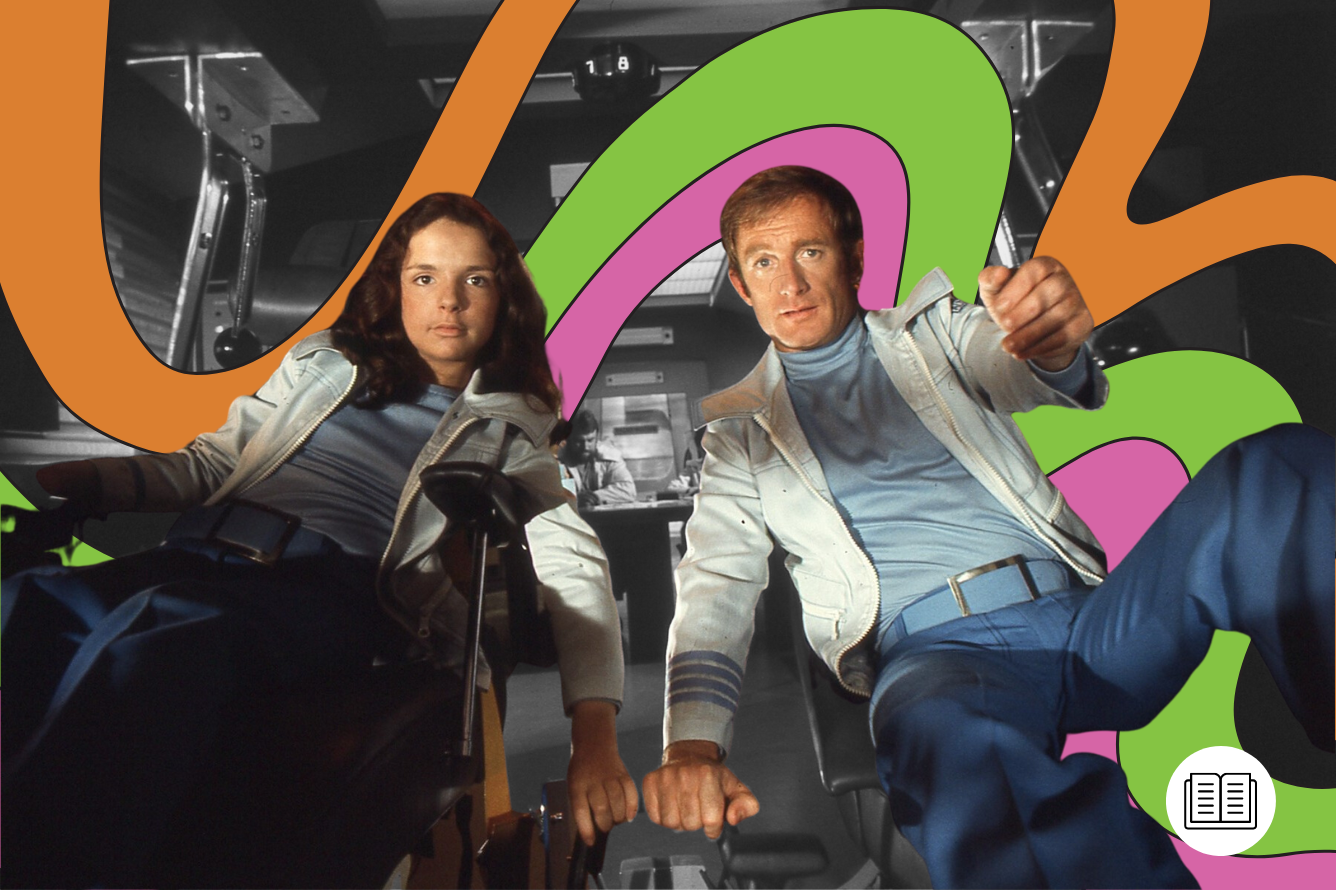
Putting the fake news broadcast together was key to its success because it had to look and feel like they were using authentic documentary footage. Aside from Brinton and his presenter colleague Colin Benson (played by Gregory Munroe), the performances by the British cast are a little stilted, although Rimmer (best known as the voice of Scott Tracy in Thunderbirds) as reclusive astronaut Bob Grodin (clearly modeled on Buzz Aldrin) and suspicious scientist Carl Gerstein (‘Allo ‘Allo’s Richard Marner) handle the assignment a bit more effectively.
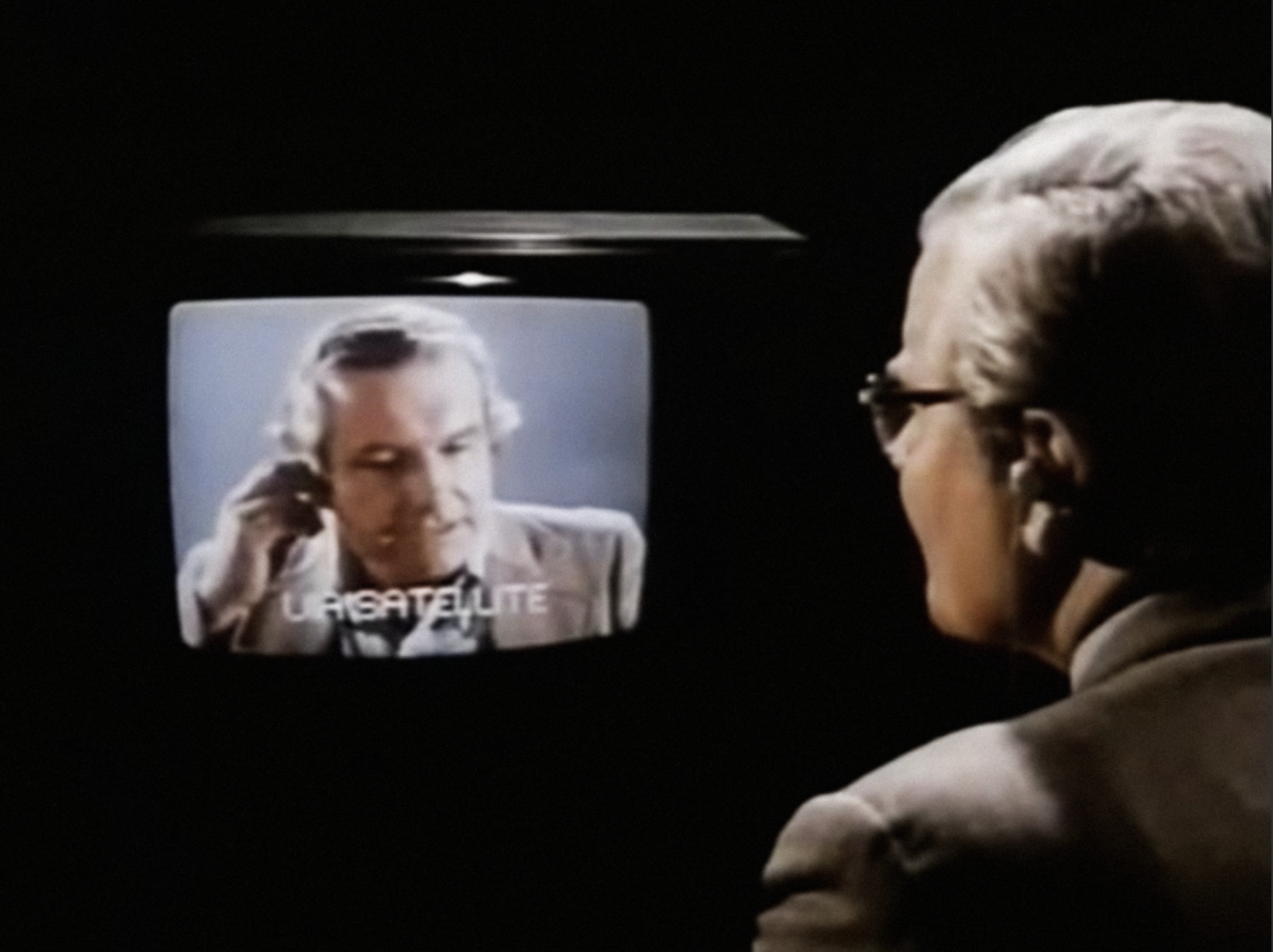
It’s the visuals and audio that really make this sing – and they are done incredibly well. The music, for instance, was written by Brian Eno.
“I remember the director sending the film back to the lab several times to have it, you know, scratched and really made to look bad,” says Ambrose. “They couldn't imagine what was going on. What's wrong with this? Why did they want this piece of film ruined? And we managed to get, just by virtue of making a simple request to NASA, a lot of NASA footage, which of course we used in the film.
“I don't think you’d get away with it now, but at certain points, we were using the recordings of the actual astronauts talking to the base, the Houston base. We use authentic recordings.”
Intended to be broadcast on April 1st, 1977, it ended up being delayed until June, although they put a credit on the end saying it had completed filming on April Fool’s Day. And while “I don’t think anyone had a nervous breakdown” and reviewers looked at it as a piece of fictional entertainment, Alternative 3 has gone down in folklore as one of TV’s great tricks.
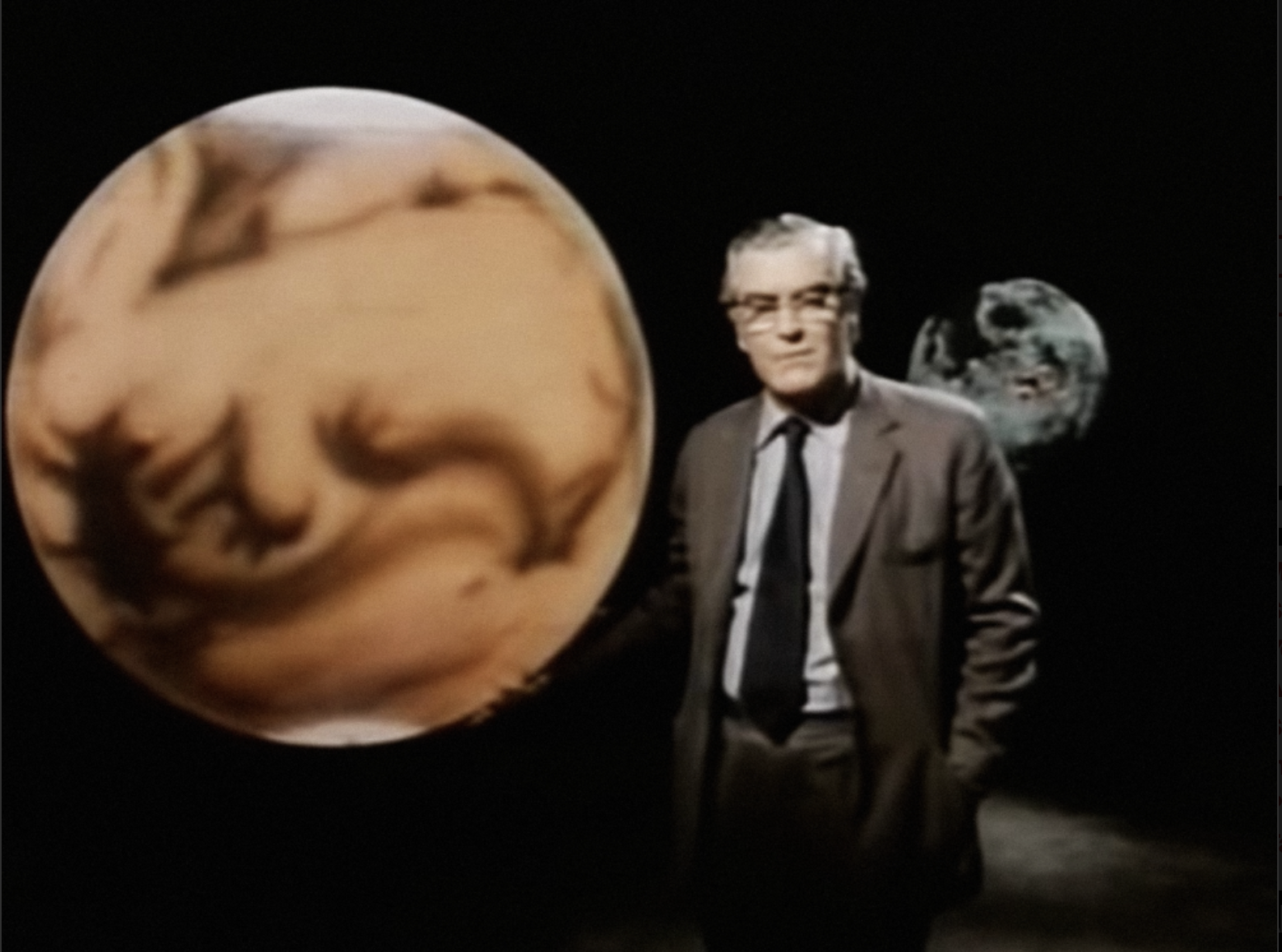
“I wasn’t specifically trying to cause panic or anything, but if it goosed people into being startled, well that’s entirely good,” says Ambrose. “There’s something on a website somewhere that calls it the most dangerous television program ever made!”
In fact, Richard Linklater’s breakthrough 1991 movie Slacker leaned into the intrigue by having a character saying that Alternative 3 was true and humans had indeed been on Mars since 1962. And infamous conspiracy theorist Jim Keith – whose focus was on UFOs and the so-called New World Order – wrote a rather confusing tome called Mind Control and UFOs: Casebook on Alternative 3 back in 1993 arguing that parts of the broadcast were real, even if the film itself was a hoax.
“Keith could fit the UFO-invasion scenario into an Alternative 3 frame,” explains American academic Michael Barkun in 2013’s A Culture of Conspiracy: Apocalyptic Visions in Contemporary America. “How better for the elite to exert total control over the world than by counterfeiting an extra-terrestrial invasion? He was aware that the broadcast had all the earmarks of a hoax; but in view of the conspiracist principle that nothing is as it seems, even the hoax bore the signs of elite control because it was a way of discrediting ufologists and muddying the waters about topics like planetary survival. In short, one could believe Alternative 3 or disbelieve it; the conspiracy was behind it either way.”
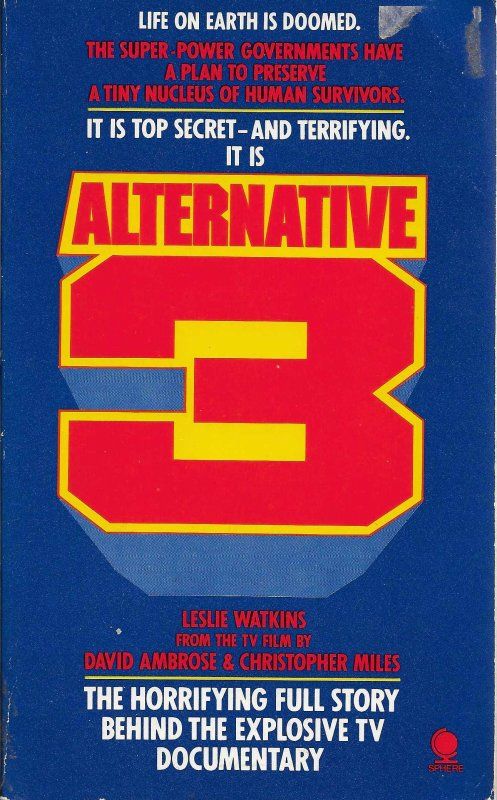
There was also a spin-off ‘novel’ by journalist Leslie Watkins that embellished some of the elements of the program and has been updated a number of times since. Amusingly, there is something of a conspiracy surrounding Watkins as some places on the web say that he is just a pseudonym for Ambrose.
“I am NOT Leslie Watkins, though for years he has been trying to pretend that somehow the whole show was his idea or, or at least he “GREATLY EXPANDED” it in his book version,” says Ambrose. “In fact what happened is that a few days after the UK broadcast I was approached by publishers with the idea of doing a book version. I didn’t want to do it, so a book agent recommended by my film/TV agent suggested a few potential ‘ghosts’. I interviewed a handful and chose Leslie Watkins, a journalist on the Daily Mail, to novelize the show, using his own name but with creative credit to me and also the director, Christopher Miles.”
Michael Barkun writes that the proliferation of the book version has extended Alternative 3’s conspiracy influence around the world.
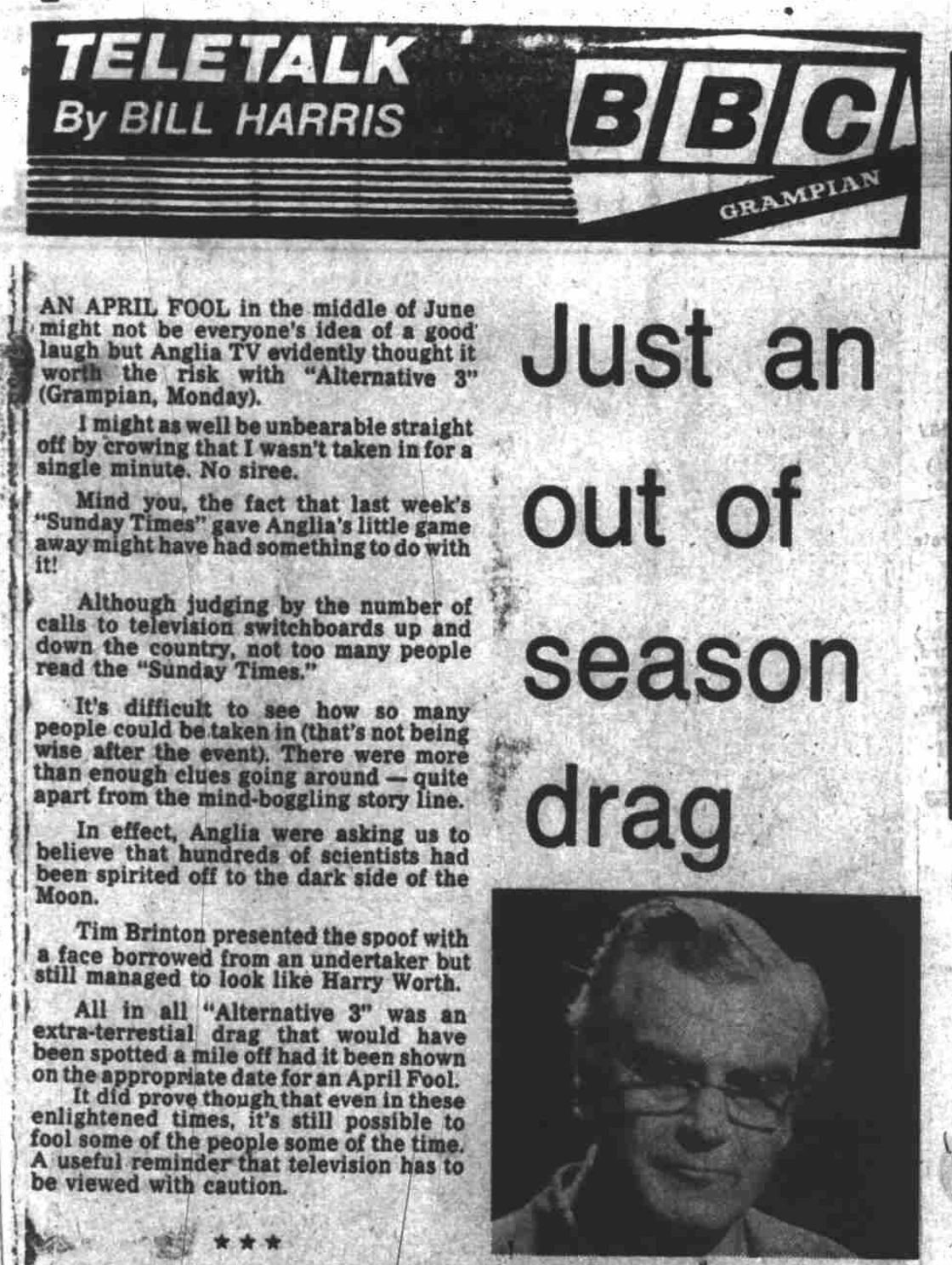
“Whenever the book was unavailable, believers attributed its absence to the conspirators’ attempts at suppression,” he says. “The story lent itself to conspiracist interpretations: who were the elite the secret space program was intended to save? Even those willing to acknowledge that Alternative 3 was trumped up insisted that its core argument might very well be true—another instance of the demolition of the fact-fiction boundary.”
Though he already had a couple of features behind him and had written dozens of hours of TV, Alternative 3 sparked a new chapter in David Ambrose’s career. He tried his luck in Hollywood, where he worked with Gene Roddenberry for a new series of Star Trek which never happened because the first film was being developed at the same time. He wound up doing uncredited rewrites on Robert Wise’s motion picture.
He also rewrote another sci-fi script that had been floating around town for several years, called The Final Countdown (it’s ace, check it out), which was made in 1980 with Kirk Douglas starring as the captain of an aircraft carrier that is thrown back in time to the night before the attack on Pearl Harbor.
Nonetheless, 46 years later and with a memoir in the bag, Ambrose is still clearly chuffed with what he achieved on Alternative 3.
“I love the beginning when all these stories of missing people began to come together and there was a shot of some woman's abandoned car in the car park at Heathrow with Tim Brinton in the foreground,” he remembers. “It was pretty avant-garde then. The Peter Watkins’ stuff (the classics Culloden from 1964 and 1966’s The War Game) was more dramatized documentary. It wasn’t a fake news program.
“One’s wickedly satisfied of having made an impact. Because making an impact is what it’s all about.”
The cost of your membership has allowed us to mentor new writers and allowed us to reflect the diversity of voices within fandom. None of this is possible without you. Thank you. 🙂


